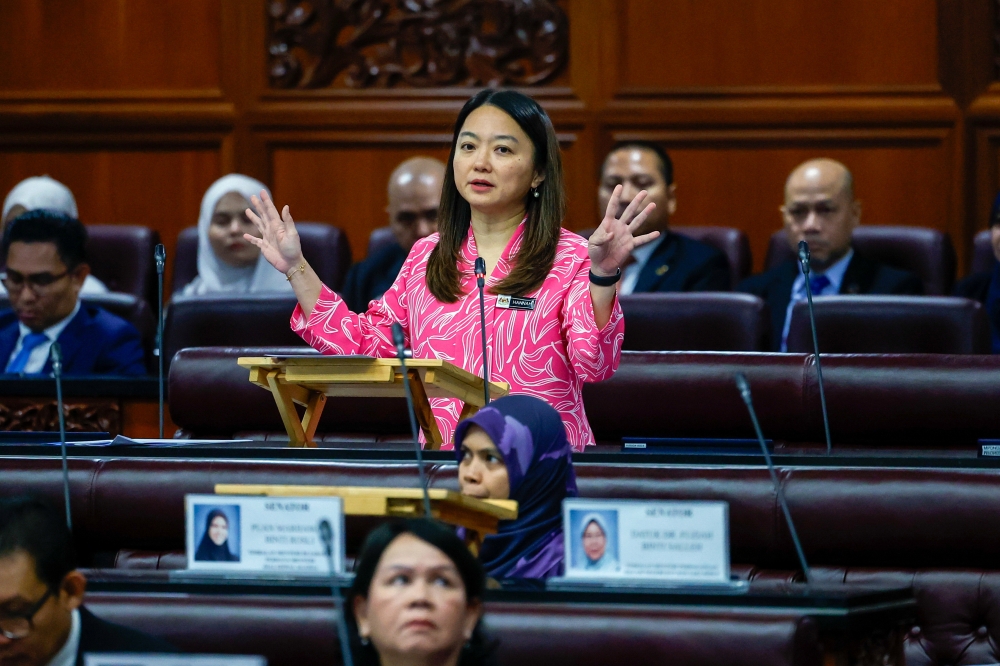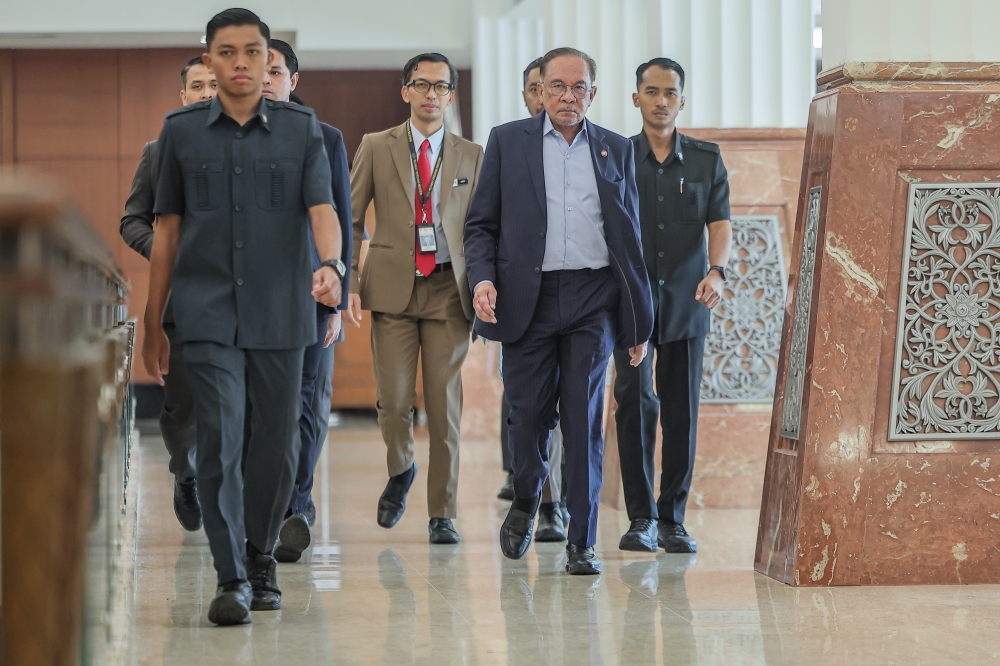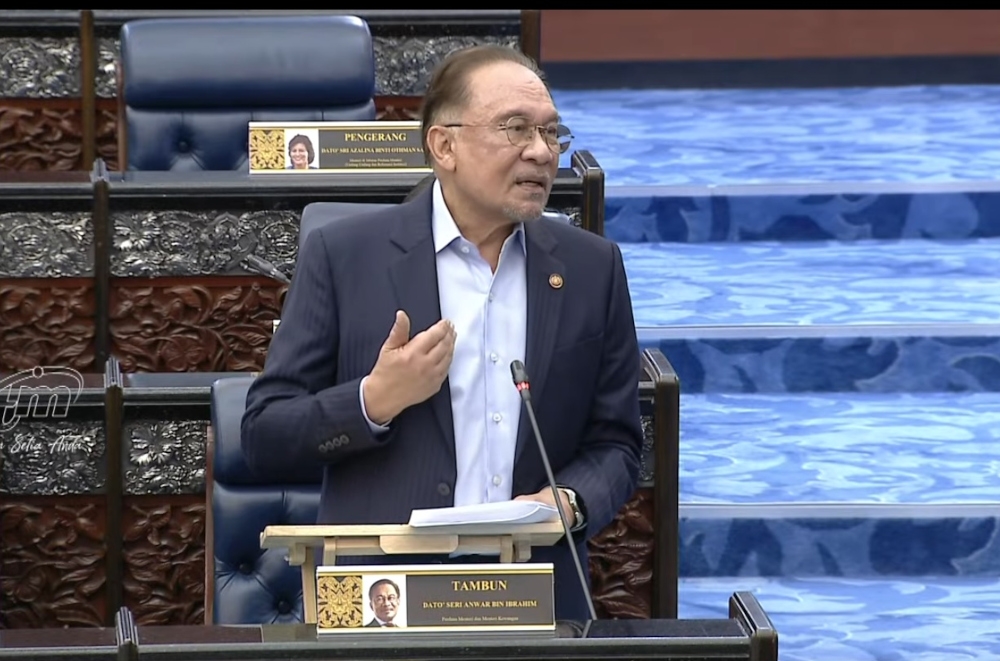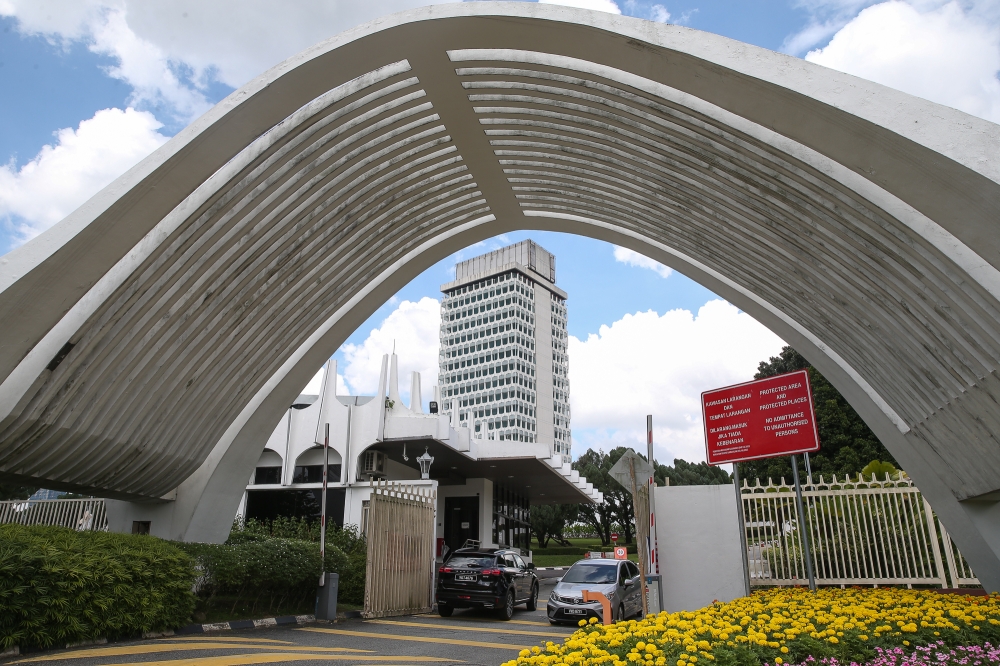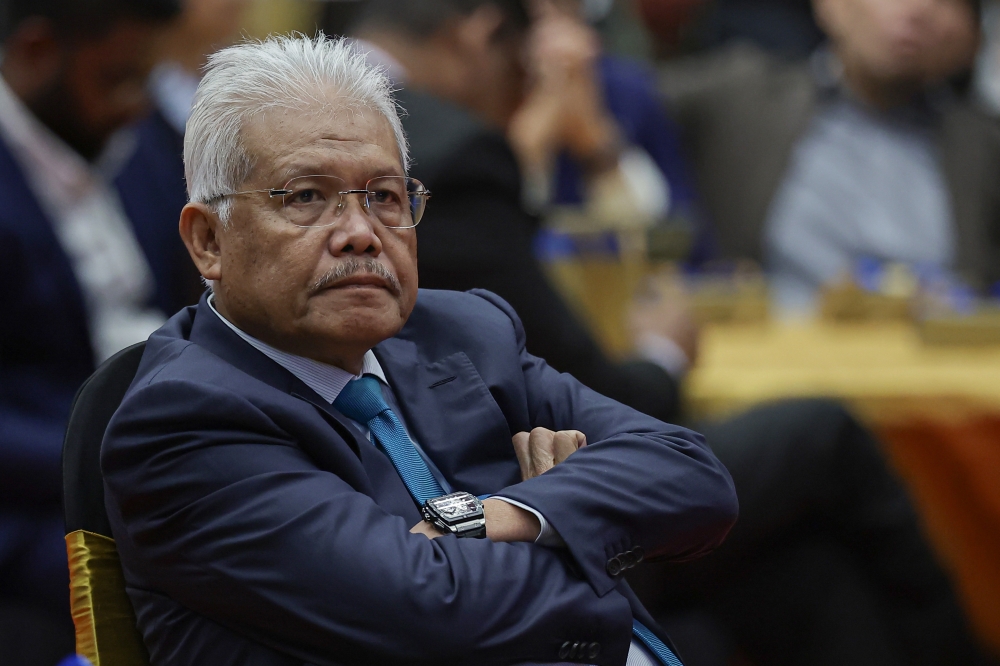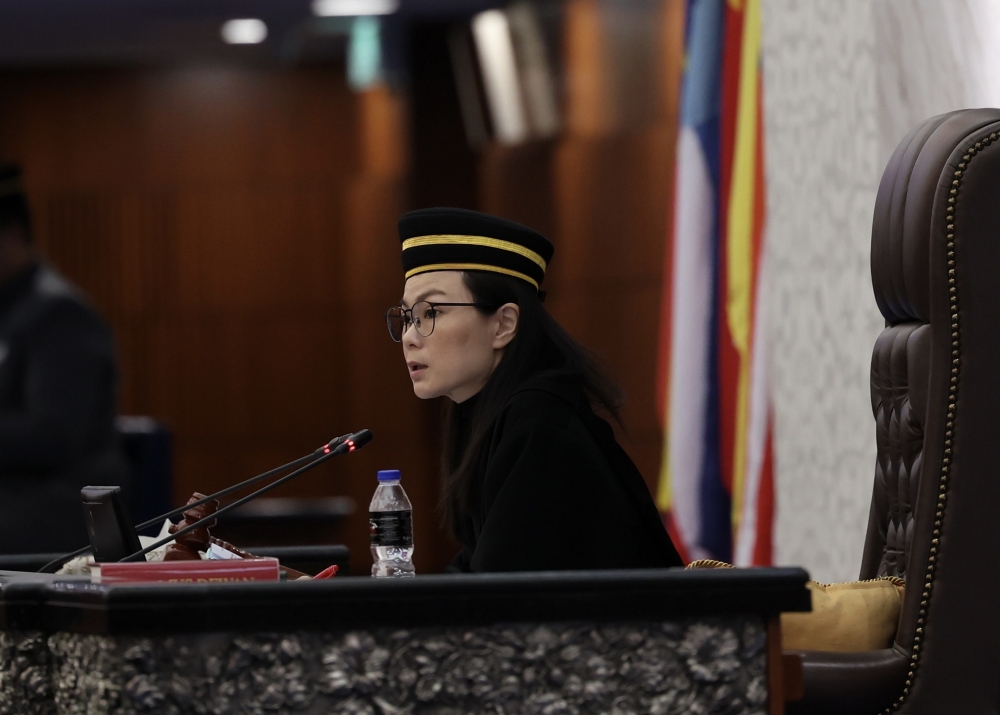KUCHING, March 12 — The state government today signed a consultancy agreement with E-Factor Sdn Bhd to carry out a nine-month study in preparation for a masterplan to restructure and elevate the Native Courts of Sarawak.
Deputy Chief Minister Datuk Amar Douglas Uggah said the study is to facilitate the transformation of the Native Courts into an autonomous and independent judicial institution and to be on par with the shariah and civil courts.
“In this way, the Native Courts will be equipped with both the legal and institutional capability to meet the current needs and future challenges,” he said at the signing ceremony.
He added the study elements and workstreams will be divided into legal, institutional, customs, and usage.
“The study will employ various methods for data and information gathering.
“This includes field surveys, interviews, discussions through workshops, laboratories and focus groups, site and department visits as well as conducting comparative study aided by desktop research and literature reviews,” Uggah, who is also the state minister of agriculture, native land and regional development, said.
He added the study will also look into the Shariah Courts of Sarawak, the civil courts, the Maori Land Court in New Zealand, the National Native Title Tribunal in Australia and the Sabah Native Courts.
Uggah said the findings and recommendations of the study will provide the basis and justifications for restructuring the current organisational setup, including the legal and institutional capability, and address other issues which affect the transformation of the Native Courts.
“Therefore, part of the study will also look at the causal factors that impact positively and negatively on the ways of life of the natives, in terms of their adat, custom and usage.
“The attributing factors could be in the form of dynamic forces of politics, economy, society, technology, environment and legislation,” he said.
He stressed this contributes to the inevitable changes within the Native Courts in terms of its jurisdictional powers and functions, the administrative structure and its capacity.
Uggah said while there is a need to create a strong identity for the Native Courts to be recognised and to be at par with the Shariah courts and civil courts, the study will also need to strike a balance between the duality of the native world and their world views within the context of introduced public policies.
He said the Native Courts system in Sarawak has been an integral part of the state administration dated back to 1884 during the Rajah Brooke era.
“In 1870, the then Rajah Charles Brooke declared in the General Council Order that the Native Courts System be one of the four courts in Sarawak, besides the Superior Court, Police Court and the Magistrate’s Court,” he said.
He said it was in 1940 that the Native Courts System took its current form when the Colonial Administration introduced the Native Court Orders by establishing the District Native Court, Court of Native Officer and Headman Court.
“Currently, the Native Courts of Sarawak sits within the Chief Minister’s Office,” he said, adding that the Native Courts cater for the 75 per cent of the state’s population.
The study, which started on January 6, 2020, will end on October 9, 2020.
Signing the agreement of the state government was the Native Courts Chief Registrar Datuk Michael Dawi Alli while E-factor Sdn Bhd was represented by its chairman Datuk Ose Murang.
Also present at the ceremony newly appointed Minister of Entrepreneur Development and Cooperatives Datuk Seri Wan Junaidi Tuanku Jaafar and State Secretary Datuk Amar Jaul Samion.

